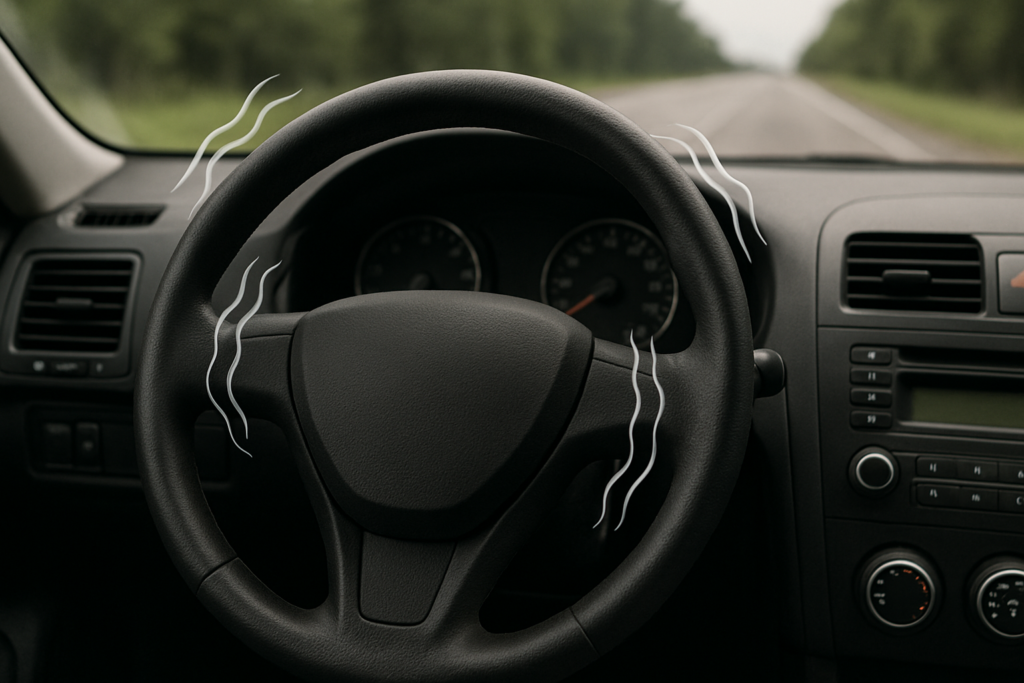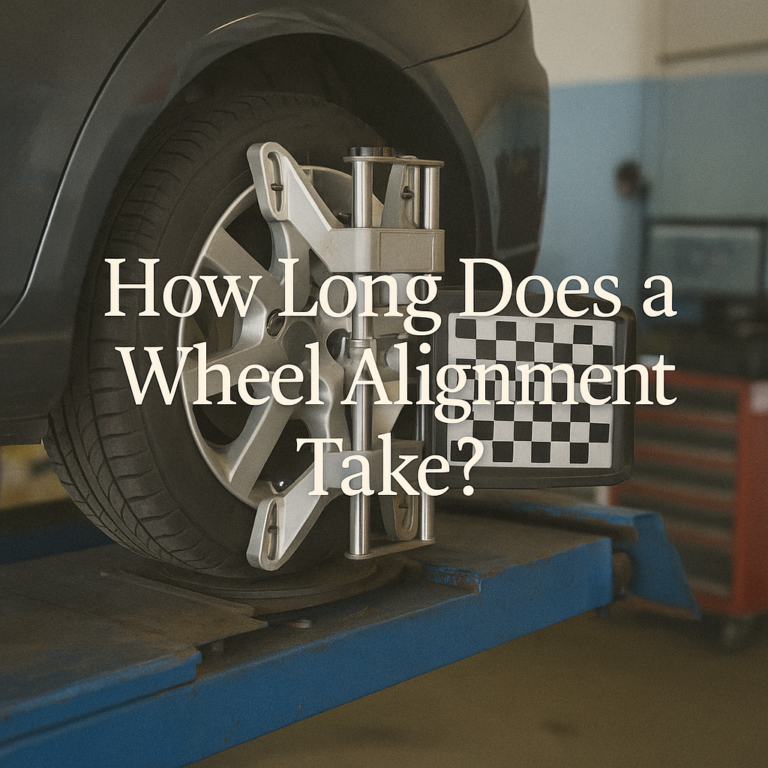
If you’ve ever wondered, “Why does my steering wheel shake when I brake?”, you’re not alone. This common issue can be alarming and may indicate underlying problems with your vehicle’s braking system or suspension. A shaking steering wheel is often caused by warped brake rotors, uneven tire wear, or worn-out suspension components. Ignoring this issue can lead to unsafe driving conditions and costly repairs. In this guide, we’ll explore the main causes and solutions to help you diagnose and fix the problem effectively.
Common Causes of Steering Wheel Shaking When Braking
1. Warped Brake Rotors
Brake rotors can warp over time due to excessive heat buildup from hard braking. When the rotors become uneven, they cause vibrations that transfer to the steering wheel. A visual inspection or measurement with a dial indicator can confirm rotor warping.
2. Uneven or Worn Brake Pads
Worn or unevenly worn brake pads can create an inconsistent grip on the rotors, leading to shaking. Replacing the pads and resurfacing (or replacing) the rotors usually resolves the issue.
3. Wheel Alignment Issues
Misaligned wheels can cause uneven tire wear and steering wheel vibrations, especially during braking. A professional wheel alignment can correct this problem.
4. Unbalanced Tires
Tires that are out of balance can cause shaking at high speeds, which may worsen when braking. Regular tire balancing ensures smooth driving.
5. Worn Suspension Components
Faulty ball joints, control arms, or tie rods can lead to instability in the steering system. If the shaking occurs even when not braking, suspension parts may need replacement.
6. Loose Wheel Bearings
Worn wheel bearings can cause excessive play in the wheels, leading to vibrations. A mechanic can check for bearing wear by lifting the vehicle and inspecting for movement.
How to Fix a Shaking Steering Wheel When Braking
1. Inspect and Replace Brake Rotors
If the rotors are warped, they can sometimes be resurfaced. However, severely damaged rotors should be replaced for optimal braking performance.
2. Check and Replace Brake Pads
Ensure brake pads have sufficient thickness and are wearing evenly. Replace them if they’re worn down to prevent further rotor damage.
3. Get a Wheel Alignment and Balancing
Visit a trusted mechanic to align and balance your wheels, which can eliminate vibrations caused by misalignment.
4. Examine Suspension and Steering Components
Have a professional inspect ball joints, control arms, and tie rods for wear. Replacing damaged parts restores stability.
5. Tighten or Replace Wheel Bearings
Loose or worn wheel bearings should be tightened or replaced to prevent unsafe driving conditions.
Conclusion
A shaking steering wheel when braking is often a sign of warped rotors, uneven brake pads, or suspension issues. Ignoring the problem can lead to unsafe driving and expensive repairs. By diagnosing the root cause early—whether it’s brake-related or due to alignment—you can ensure a smoother, safer ride. If you’re unsure about the issue, consult a professional mechanic for a thorough inspection.






